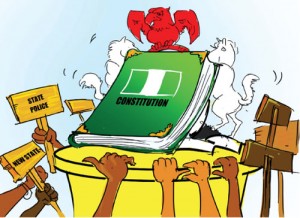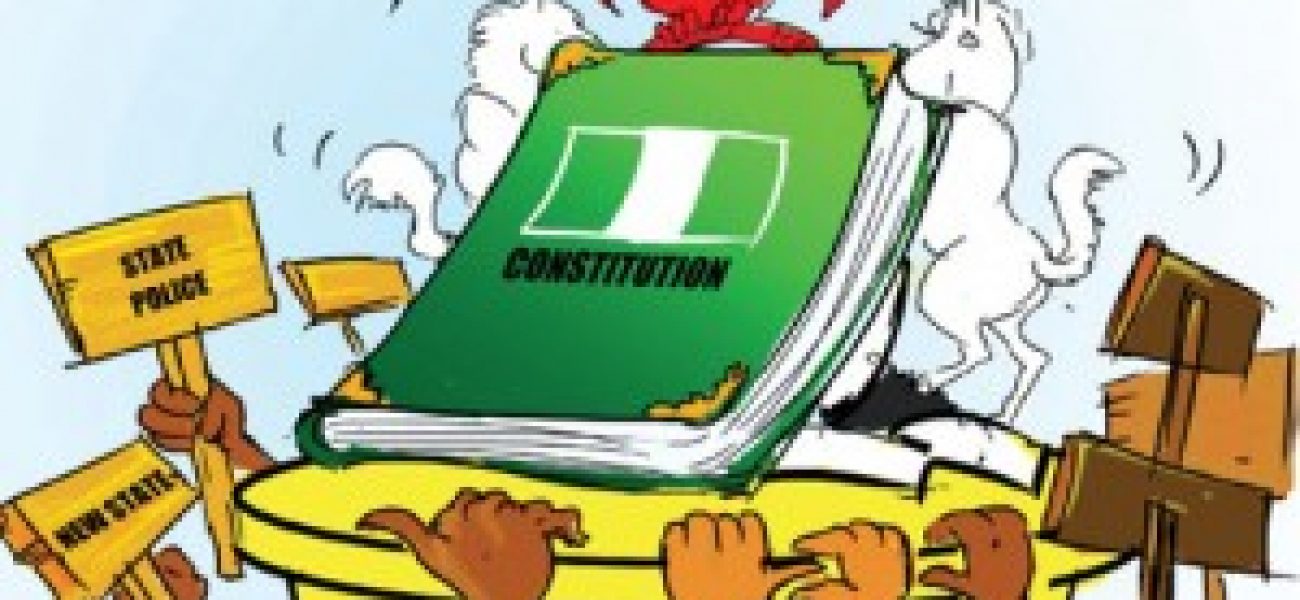 The countdown to the Nigerian 2019 General Elections scheduled for 16th February and 2nd March 2019 have begun. Yet, the fate of the 2018 Electoral Act Amendment Bill remains undecided, as President Buhari has rejected three different versions of the Bill.
The countdown to the Nigerian 2019 General Elections scheduled for 16th February and 2nd March 2019 have begun. Yet, the fate of the 2018 Electoral Act Amendment Bill remains undecided, as President Buhari has rejected three different versions of the Bill.
In the first version of the Bill passed by the National Assembly in February 2018, President Buhari declined assent on the 44 clause document citing reasons such as that the Legislature’s proposed amendment to section 25 changing the sequence of elections could infringe the Independent National Electoral Commission (INEC) constitutional discretion to organise, undertake and supervise elections. He also raised objection to an amendment to Section 138 of the principal act (dealing with grounds of petition) on the basis that its proposal to delete two crucial grounds which an election may be challenged by candidates could unduly limit the rights of candidates in elections to a free and fair electoral review process. The rejected amendment to 138 (2) for instance read that “ An act or omission which may be contrary to an instruction or directive of the Commission or of an officer appointed for the purpose of the election but which is not contrary to the provisions of this Act and published manuals, guidelines, regulations, procedures or issued by the commission for the conduct of the election, shall not of itself be a ground for questioning the election”.
However, this time around, the President is said to have withheld assent over a second and third version of the Electoral Act Amendment Bill that the National Assembly transmitted to him separately due to drafting issues and inconsistent amendments. The National Assembly is said to have revised the second version of the Bill to address issues the President initially raised before rescinding 14 clauses and sending same to the President as a third version of the Bill.
However, the latest report on the Amendment Bill on Friday, 21st September, 2018 indicate that the Joint Committee of the Senate and House of Representatives on Electoral Matters headed by Sen. Suleiman Nazif rectified the inconsistencies in the Bill and have presented a report to the leadership of both chambers to consider it when the Legislature resumes from its recess in October, 2018.
So far, many have expressed disappointment that the lingering friction between the Executive and the Legislature has led to the undue delay to pass a Bill that seeks to change the landscape of Nigeria’s electoral laws particularly in the area of technological innovations. For instance, the Electoral Act Amendment Bill is expected to deal with issues such as the Smart Card Reader, the Electronic Register of Voters as well as the Electronic Transmission of Votes that seeks to foster more credible elections in Nigeria. Early passage of the Bill would have also enabled stakeholders with adequate time to familiarise themselves with the contents of the amendments and set expectations accordingly. It will be recalled that the 2015 Amendments to the Electoral Act were relatively unknown after been discreetly passed by President Goodluck Jonathan few days to the 2015 Presidential elections. There are also fears that failure to pass the Bill may recreate the situation that occurred in the aftermath of the 2015 General Elections where the Supreme Court stated that the card reader could not depose the voter’s register whose juridical roots were entrenched in the Electoral Act[1]. Thereby hinting for the Legislature’s inclusion of the card reader in the body of the said Act, as it is superior to INEC’s Guidelines that enables its use.
In addition, it is unclear why the National Assembly decided to transmit the second and third version of the Bill in parts rather than as a wholistic document as it may have caused some confusion on the part of the Executive.
Also with INEC’s supplementary budget of N242 billion (which includes the purchase of smart card readers) still pending before the National Assembly, it is hoped both arms of government exercise the requisite political will to improve on Nigeria’s electoral processes in the 2019 General Elections by the passage of both the Electoral Act and Supplementary Appropriation Bills.
[1] APC v Agbaje & Ors (2015)

